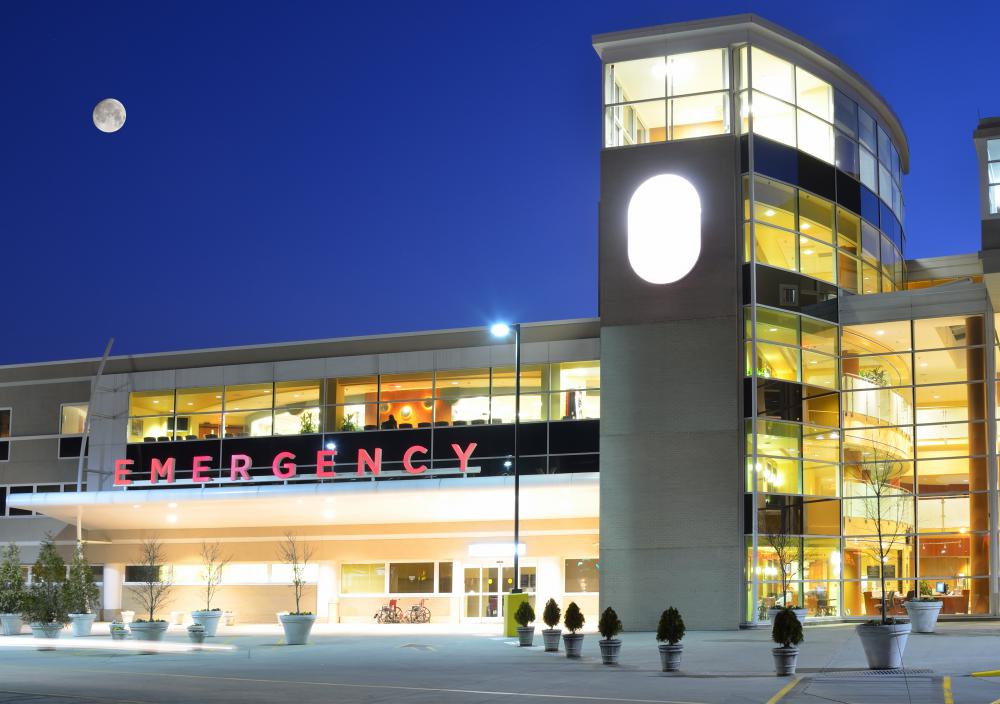At WiseGEEK, we're committed to delivering accurate, trustworthy information. Our expert-authored content is rigorously fact-checked and sourced from credible authorities. Discover how we uphold the highest standards in providing you with reliable knowledge.
What are the Different Head Trauma Symptoms?
Head trauma symptoms can vary from the seemingly mild such as dizziness and brief nausea to the more extreme such as seizures and comas. Physical signs of head trauma exist, too, and are often in the forms of bruising and bleeding, skin wounds and skull depressions, and leaking cerebrospinal fluid. Sometimes, the causes of head trauma determine the different kinds of symptoms, but this is not always the case. This is only one reason why it is crucial to seek medical attention after experiencing any kind of trauma or injury to the head. Depending on the severity of the symptoms, this attention might be in the form of a phone call to the person’s doctor or a trip to the nearest emergency care center.
Some of the most common symptoms of head trauma include dizziness, nausea and vomiting, memory loss, forgetfulness, and confusion. Depending on the severity of the injury, a person might experience a personality change, seizures, or even a coma. Of course, there are physical symptoms to look for, including bruising, bleeding, skin lacerations, and any visible skull injuries, including facial depressions. Other visible signs of head trauma include clear cerebrospinal fluid leaking from the ears, nose, or mouth and an eyeball that is unable to move.

Typically, the head trauma symptoms a person experiences depends on the kind of trauma the person has suffered. For example, a person who experiences a minor blunt trauma might feel dizzy, develop a headache, and have trouble sleeping. Someone who suffers a more major blunt trauma might experience seizures and a loss of consciousness. Keep in mind that the severity of head trauma symptoms does not necessarily reflect the severity of the head trauma. In other words, mild dizziness and nausea can be symptoms of both mild blunt traumas and severe penetrating traumas.

It is always safest for a person to seek medical attention whenever he experiences a trauma or injury to his head. Depending on the symptoms, a phone call to the person’s primary care doctor might be all that’s necessary. The person should visit his local emergency care center or hospital emergency room if the head trauma symptoms are severe and persisting and include headache, confusion, drowsiness, and vomiting. No one should operate a vehicle after experiencing a head trauma. If there is no one to drive the injured person to the hospital, he or an accompanying party should contact an ambulance.
AS FEATURED ON:
AS FEATURED ON:



















Discussion Comments
I am a 22 year old female and was hit in the face above my left eye by my ex-boyfriend about three weeks ago. It cut my eye open and I had to get four stitches.
Since then, I have had headaches every day, ranging from mild to severe, and today I passed out. Could this be related to being hit in the face?
Post your comments